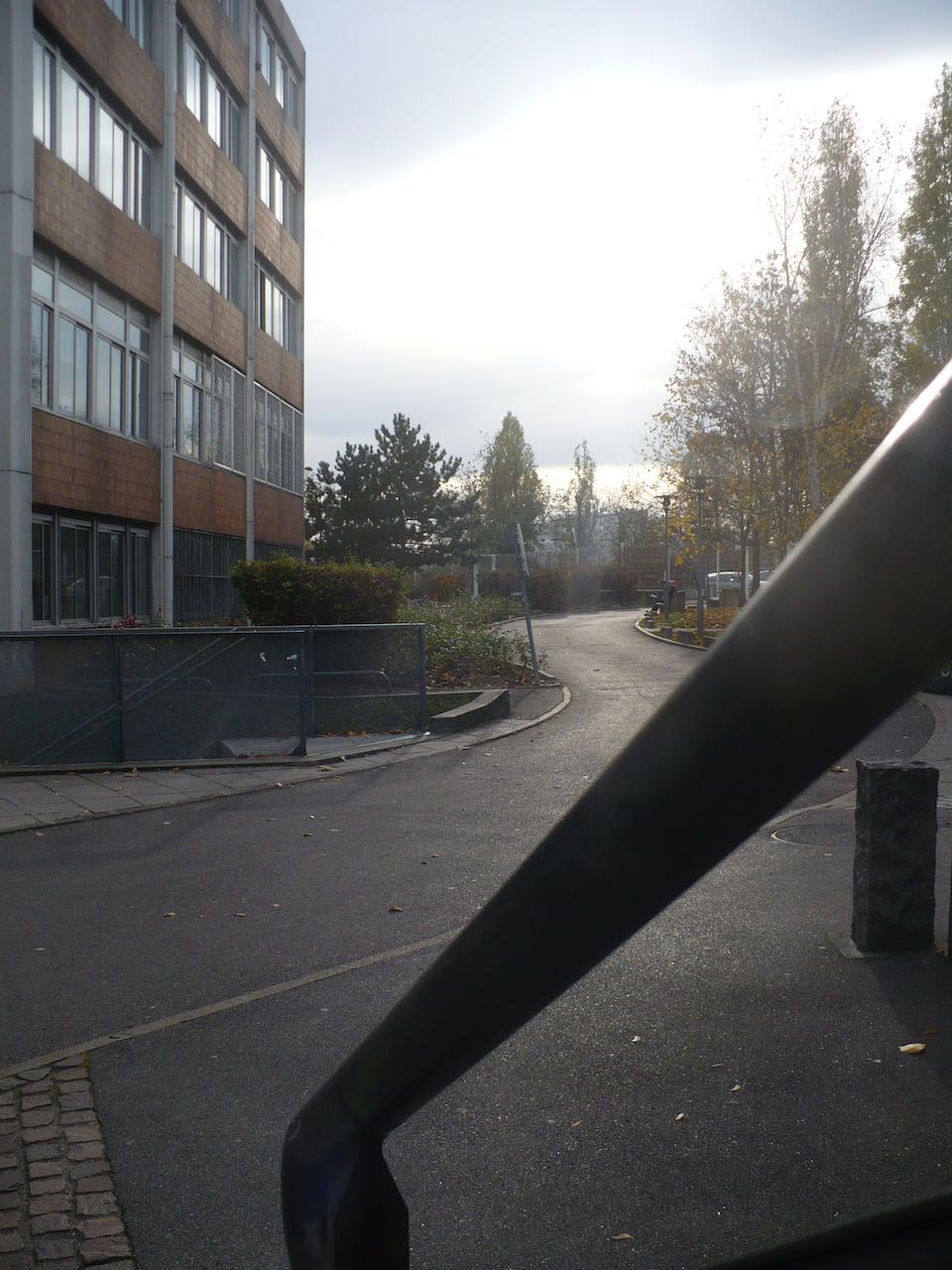It was an everyday moment at Paris 8. Outside the workshop for doctoral students, the windows whitened with shards of rain. The sky was blank, and trees whose leaves were at last fully dark with summer reached nearly up to the skyline of the high rise apartments down the street. Massive graffiti faced us from the opposing wall. There was a handsome green carpet like a sea with only a few mudstains, and the chairs were even padded. That day’s presenter had a black sweater over a pink shirt, a rad purse, a mechanical pencil, and had never spoken publicly in French before.

“You’re entering into a pretty special tribe,” a female professor told me, “because, as everyone here must have told you, it was an experimental university—”
“—In the past tense!” I interjected.
“Yes, yes, completely past, indeed […] So you’ve arrived in a commemorative context in the institution. I can assure you that, in a way, you’ve made the right choice, because you’ve arrived at a moment where a social totality is showing itself, revealing itself in our festivals — these anthropological things.”
“In every institution, even the stupidest of institutions, the silliest, there’s a bit of thought [un peu de pensée],” said the department chair, Patrice Vermeren, in his course on Philosophies of the People. “And thus for Foucault, critique consists of bringing this thought to light. Foucault’s idea is that there’s always some thought, even in wordless attitudes. So what does it mean to practice critique in such circumstances? Practicing critique means showing that nothing is as obvious as one might have believed. It’s an indictment of the obvious. Critique, performing the critical gesture, has the effect that what was self-evident is now no longer self-evident. So to practice critique, for Foucault, is to make difficult overly facile gestures.”
Vermeren was giving, in essence, a lecture.
I asked him about that later, since it seemed inconsistent with the participatory ideals of his university. “I see a lot of passivity at Paris 8,” I said. “The pedagogy seems traditional, the students don’t talk a lot in class.”
“Yes,” he said, “it’s something I’m conscious of, it’s something I do myself. This pedagogy is what’s expected of us. If I don’t give a lecture [faire cours], people are disappointed.”
Speaking of traditions: to this day, the Philosophy Department has never had a female department chair [directrice].